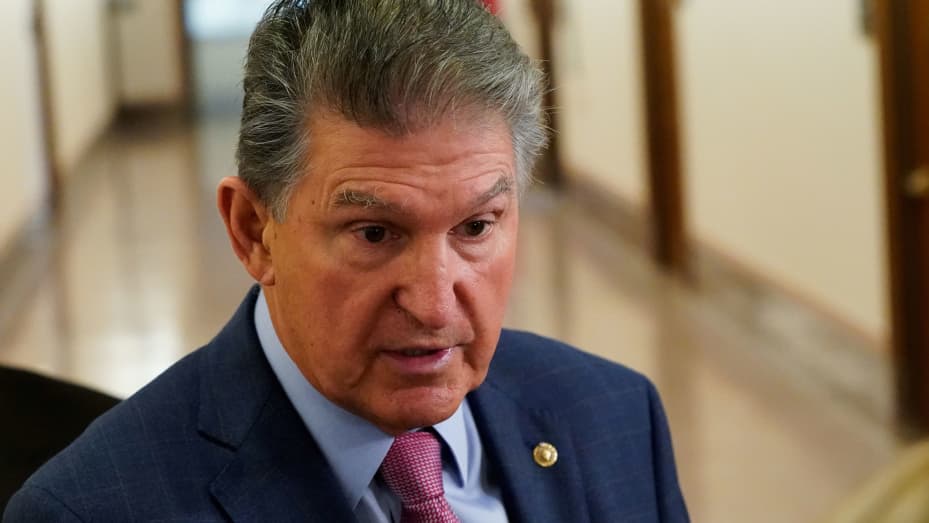After Joe Manchin of West Virginia announced that he would be voting no against Biden’s ‘Build Back Better’ agenda, critics suggested that his vote could mean the ‘end of American democracy.
According to Fox, MSNBC’s Mehdi Hasan tweeted out “What’s worse – that Manchin is killing the Biden legislative agenda, and perhaps the future of American democracy too, or that he wasted most of this year dragging this whole thing out to do it *and* wasted half of the time that Dems control Congress and the White House.”
Despite these suggestions, Manchin’s no-vote is democracy working exactly how it is supposed to. Manchin joining the opposition to the bill created a majority. In a democracy – the majority rules.
If anything, this is proof that democracy is in perfect working order. Manchin did not hold ultimate power in this situation, the outcome of the vote could have been swayed by any single, or any group of Congressmen and women on either side of the aisle.
Joe Manchin happened to be the man on the fence in a divided senate. The sway from his party’s norm when nobody else would is the very reason that his vote was so impactful.
Other liberal politicians such as Bernie Sanders accused the West Virginia Senator of bending to the will of big pharmaceutical corporations. Manchin in the past has referred to iterations of the “BBB” bill as “fiscal insanity”. His motives appear to be concerning the current state of the American economy.
Inflation is soaring, and despite what the White House claims, most economists agree that the agenda will cause some degree of rise in inflation. Though, they differ on how impactful it would be.
Some believe the bill would cause little, short-term inflation and others believe that the effects would be much larger and long term.
“We know there’s lots of spending in the bill, and that it’s front-loaded if you cut taxes and increase spending, financed by debt, that will put upward pressure on inflation.” Said economist Douglas Holtz-Eakin on the bill.
Michael Feroli, chief economist for JPMorgan said that “Right now, anything that expands aggregate demand is not warranted, not advisable. The economy seems to be operating pretty close to its capacity constraints.”
Ignoring what seems to be the overwhelming majority of opinions, Jen Psaki claims that “No economist out there is projecting that the Bill will have a negative impact on inflation.”


